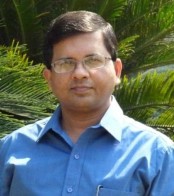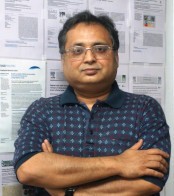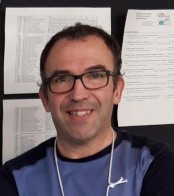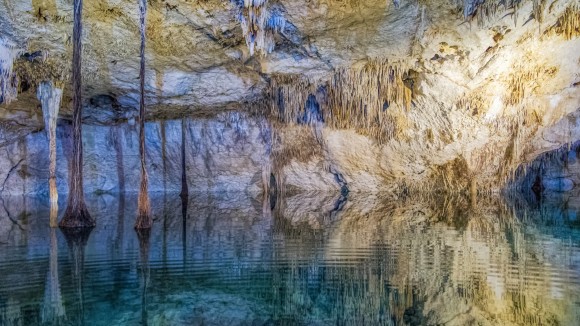
Madan Kumar Jha is a Professor (HAG) at the Indian Institute of Technology Kharagpur. His research interests include IWRM, Simulation-Optimization Modelling, Groundwater-Surface Water Interaction, Rainwater Harvesting & Artificial Recharge, Groundwater Vulnerability and Pollution Risk, Application of AI/ML and Hybrid Soft-Computing Techniques in Groundwater Hydrology, Seawater Intrusion and Tide-Aquifer Interaction, Conjunctive Use Planning and Management, Climate Change Impacts on Water Systems, and Vadose-Zone Characterization and Modelling. He has conducted intensive research in India, Japan, Thailand, and Germany. Prof Jha has been an Editorial Board Member for Scientific Reports since 2018.
 Kyoung-Woong Kim is a Professor of Environmental Geochemistry at the School of Earth Sciences and Environmental Engineering and has been a Dean of International and Public Affairs at Gwangju Institute of Science and Technology (GIST) in the Republic of Korea. His research interests are environmental monitoring and risk assessment, and the remediation of contaminated soil and groundwater. Prof Kim has been an Editorial Board Member for Scientific Reports since 2014.
Kyoung-Woong Kim is a Professor of Environmental Geochemistry at the School of Earth Sciences and Environmental Engineering and has been a Dean of International and Public Affairs at Gwangju Institute of Science and Technology (GIST) in the Republic of Korea. His research interests are environmental monitoring and risk assessment, and the remediation of contaminated soil and groundwater. Prof Kim has been an Editorial Board Member for Scientific Reports since 2014.
 Abhijit Mukherjee is an Associate Professor at the Department of Geology and Geophysics and School of Environmental Science and Engineering at the Indian Institute of Technology Kharagpur. His main research areas are physical, chemical and isotope hydrogeology, including numerical modelling, computation, contaminant transport, and water policy applications. He has extensively worked on geological and human-sourced groundwater pollution and water availability. Dr Mukherjee has been an Editorial Board Member for Scientific Reports since 2020.
Abhijit Mukherjee is an Associate Professor at the Department of Geology and Geophysics and School of Environmental Science and Engineering at the Indian Institute of Technology Kharagpur. His main research areas are physical, chemical and isotope hydrogeology, including numerical modelling, computation, contaminant transport, and water policy applications. He has extensively worked on geological and human-sourced groundwater pollution and water availability. Dr Mukherjee has been an Editorial Board Member for Scientific Reports since 2020.
 Fernando A.L. Pacheco is an Associate Professor of Hydrogeology and Environmental Geochemistry at the University of Trás-os-Montes and Alto Douro. His current research interests focus on multivariate statistical and environmental analyses of surface and groundwater databases, aiming the interpretation of pollution patterns and contaminant pathways in small watersheds, with parallel focus on the prevention of lake eutrophication and groundwater contamination. His current investigation consists of studies on water security and payments for ecosystem services aiming the production of clean water in headwater catchments. Dr Pacheco has been an Editorial Board Member for Scientific Reports since 2022.
Fernando A.L. Pacheco is an Associate Professor of Hydrogeology and Environmental Geochemistry at the University of Trás-os-Montes and Alto Douro. His current research interests focus on multivariate statistical and environmental analyses of surface and groundwater databases, aiming the interpretation of pollution patterns and contaminant pathways in small watersheds, with parallel focus on the prevention of lake eutrophication and groundwater contamination. His current investigation consists of studies on water security and payments for ecosystem services aiming the production of clean water in headwater catchments. Dr Pacheco has been an Editorial Board Member for Scientific Reports since 2022.

